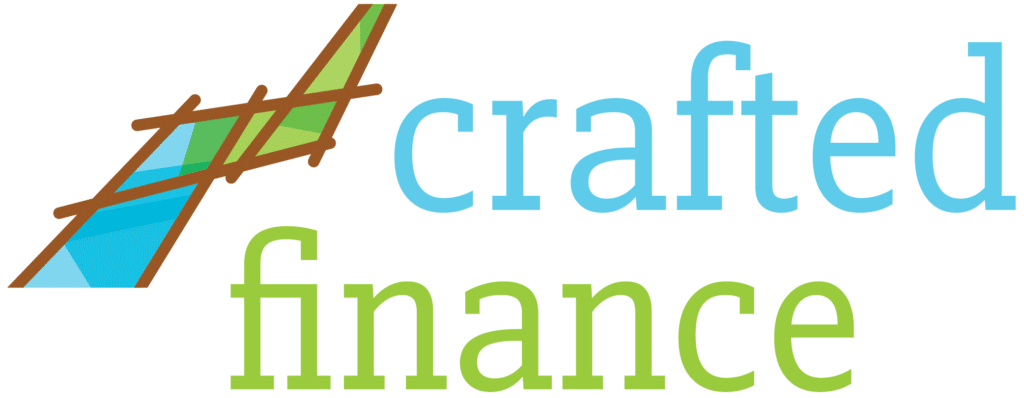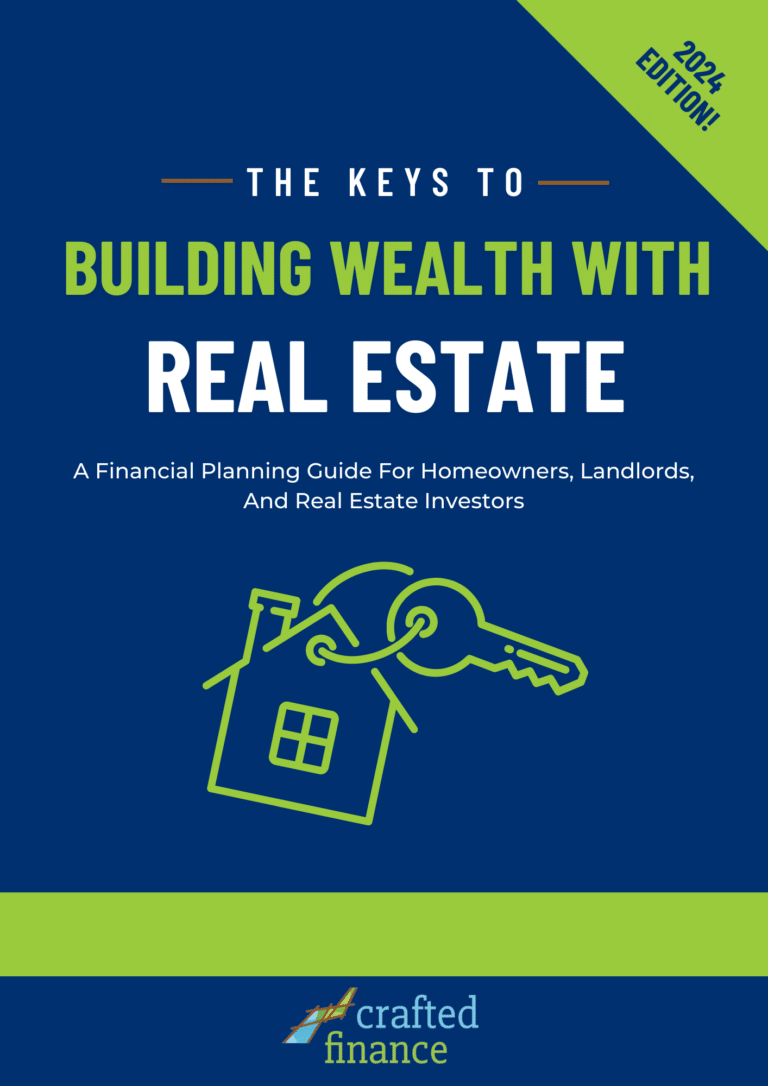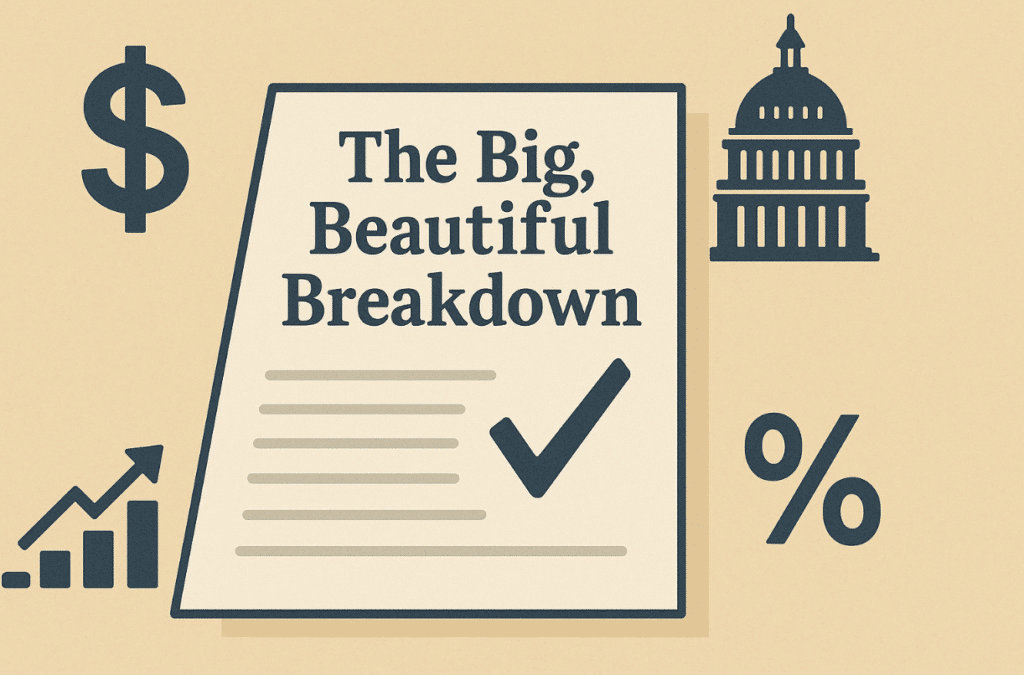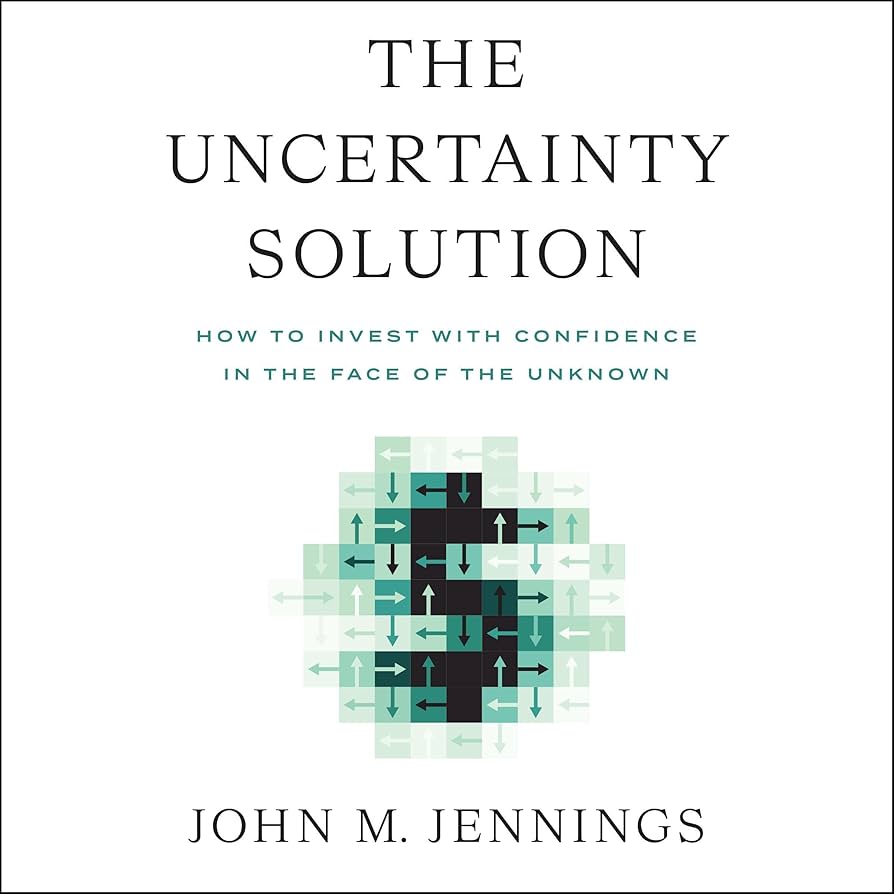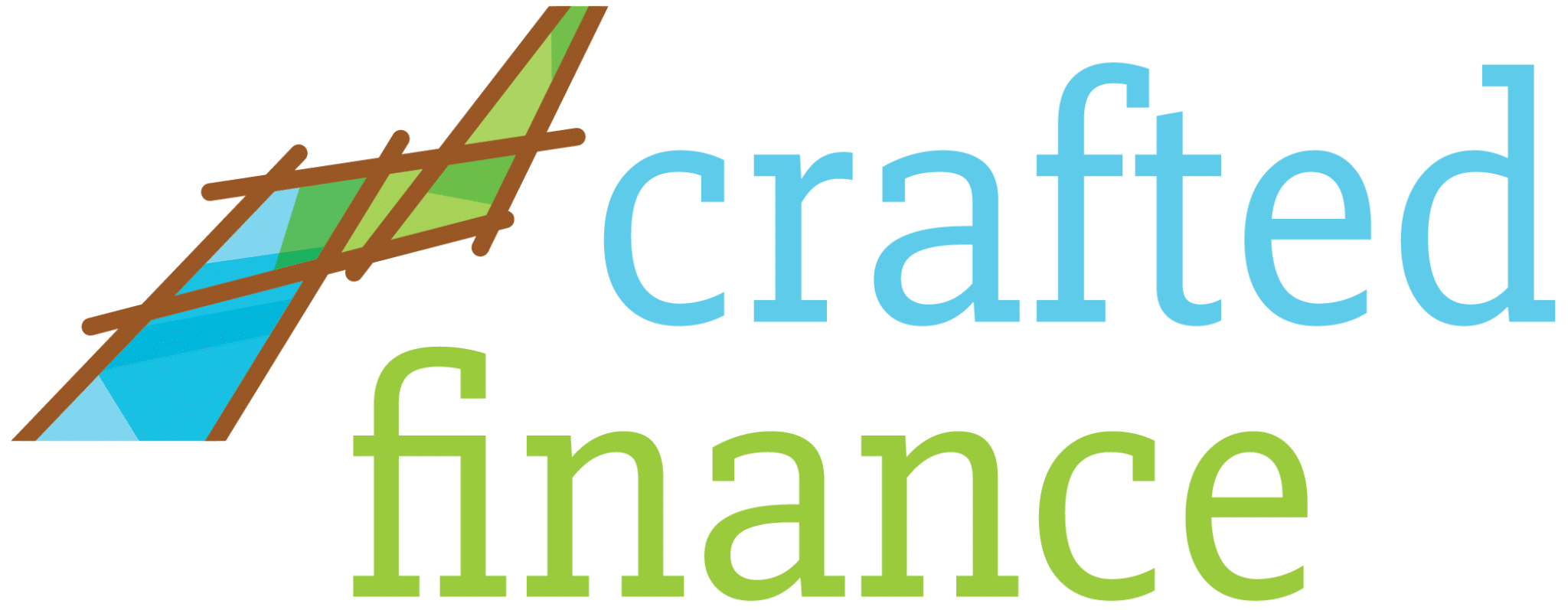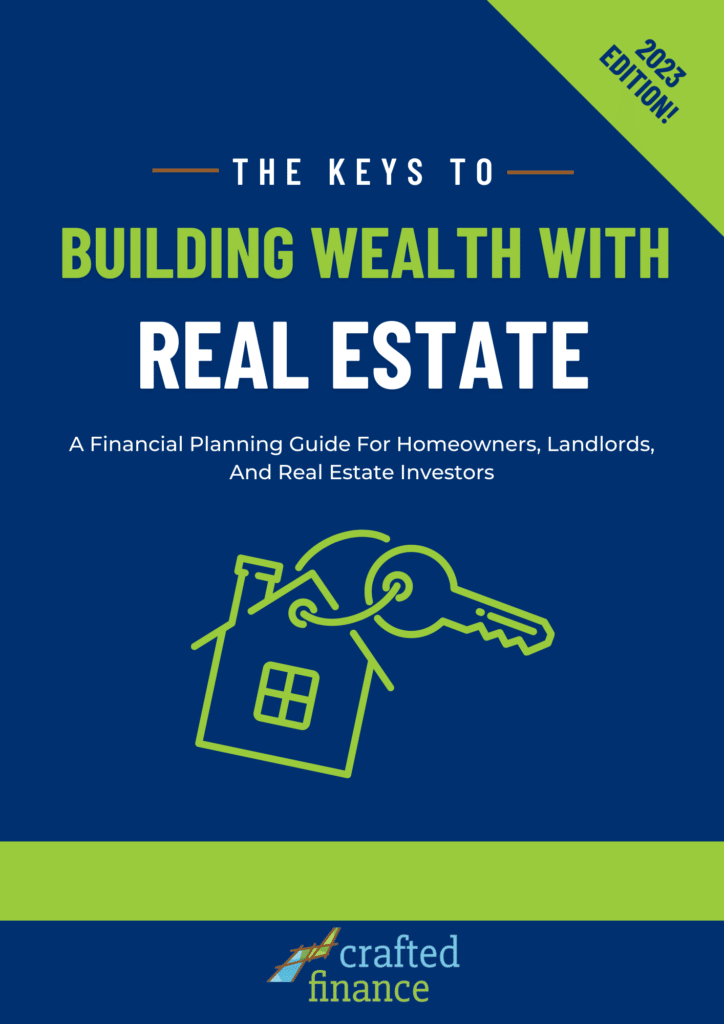Buying a rental property can be a lucrative way to generate passive income and build wealth. However, the process can be quite daunting. There are many factors to consider and a lot of work to be done, from sourcing the money and analyzing the market to negotiating the purchase and managing tenants.
To help you navigate the process, we’ve outlined the essential steps involved with buying an investment property. This comprehensive guide will provide you with the information you need to make informed decisions and move forward with confidence in the world of rental properties.
1) Understand What You’re Getting Into
Rental properties can be a great investment. But like with any other investment, you need to understand what you’re getting into before putting your hard-earned dollars at risk. There’s a lot of noise out there you need to filter out to arrive at the right rental mindset.
Get Your Bearings
Prepare for the Worst Case: Your rental property’s future appreciation, tenancy, and income generation aren’t guaranteed. It’s critical to understand that the housing market can be stagnant or lose value, tenants will come and go, and income will be subjected to the costs of maintenance and repairs. If you enter this game with a thin margin for error, you’re asking for trouble.
Study Up: Owning real estate is like running a small business; and in the business world, only those who do their due diligence are listened to and respected. Don’t make a huge investment just because you binge HGTV. There are so many resources, articles, books, and people to talk with before you should buy even a single property. Great places to start include: Matthew Gardner’s Market Updates, Realtor.com and Zillow.com’s trends and research pages, and AirDNA. We’re also heavily experienced, and you can book a free call with us anytime!
Search Your Local Area: With a look on a site like Zillow or AirDNA, you can get an idea of what rents are going for in your area. This will get your wheels turning on what a rental will end up costing you to get started. Locations within driving distance can be beneficial, otherwise you’ll be reliant on a property management company for all upkeep. Though some do quite well owning property elsewhere, it requires even more resourcefulness to pull off.
Understand How Rentals Make Money
You need to understand the relationship that rental income and expenses have with the value of your property. Then find and compare properties that exhibit bigger financial benefits. Below, you can run through some basic definitions, formulas, and examples to help wrap your head around the concept.
Return on Investment (ROI): Real estate is often a long-term investment that includes an initial investment, some improvements, years of cash flows (income minus expenses), and an eventual sale (hopefully higher than your purchase price). All that said, we’re not big fans of simplifying the ROI calculation to the back of a napkin.
Serious real estate investors that bother to predict ROI before purchase; will learn how to use a spreadsheet, how to calculate internal rate of return (IRR) and the Net Present Value on a series of initial and future cash flows. READ A BOOK on ROI. Even if you don’t bother running the numbers – learning the concepts of Real Estate ROI is something you need to study outside of this write-up.
Capitalization (Cap) Rate: (Total Annual Rental Income – Total Annual Operating Expenses) / Current Market Value
Rental Income: This is the money your property brings in from sources like rent payments and fees charged to tenants (ex: storage fees).
Operating Expenses: This is what it costs to keep your rental property up and running. These expenses may include, but are not limited to repairs, property management, insurance, and property taxes (headaches not included).
Basic Cap Rate Example (for the Back of the Napkin types)
The Cap Rate is an equal-ish way of measuring the property’s cash flow against other properties.
Rule of Thumb: DO NOT judge the cash flow performance in tandem with the cost of obtaining a property. Make it easier on yourself and judge them separately. Always seek out reasonable startup costs, but you’re most likely to recapture that cost if/when you sell the property someday. Each person has a unique ability to obtain a property with whatever money they’ve got. It is a bit foolish to expect the cash flow to recoup the startup cost in a short time frame.
Paid In Full Example
Let’s say, at the beginning of the year, you purchased a $500,000 rental property in cash. You also paid an additional $15,000 on closing costs and repairs for the property. Then, you filled the property with tenants and started collecting $2,500 a month in rent. This brings your total cost of investment to $515,000.
Now, at the end of the year, you’ve collected a total of $30,000 (i.e. $2,500 x 12) in rental income. And operating expenses such as insurance, property taxes, and further repairs ended costing you $7,500 (i.e. $625 a month).
Your Cap Rate would be: $30,000 (rental income) – $7,500 (operating expenses) / $500,000 (current market value) = 4.5%.
What about the $15,000 of startup cost? Well, that cuts into your overall ROI (return on investment); and should be considered BEFORE you buy the property. AFTER you buy the property, it doesn’t do much good to care about your startup cost, because it is GONE. The Cap Rate is far more relevant from this point forward.
A high cap rate is nice but it doesn’t guarantee that the property is meeting your needs.
Here is a cap rate example of a Cute Studio Condo: $15,000 (rental income) – $3,000 (operating expenses) / $250,000 (current market value) = 4.8%. These two properties are vastly different, and it isn’t clear which one is better when using the cap rate alone as a measurement.
With A Mortgage Example
Let’s say, at the beginning of the year, you again purchased a $500,000 rental property. But this time you did so with a mortgage. You made a 25% down payment (i.e. $125,000), and paid for repairs and higher closing costs of $20,000. You also took out a 30-year loan with a 5% fixed interest rate on the borrowed $375,000, which resulted in monthly mortgage payments of $2,500.
Now, at the end of the year, you’ve again collected $30,000 (i.e. $2,500/mo) in rental income. However, your Net Rental Income was reduced by the interest paid on your mortgage. This came out to be $18,625 of interest expense (the mortgage interest in year 1, do not include principal payments in Cap Rate calculations). But thankfully, your operating expenses remained the same at $7,500 for the year.
Your Cap Rate would be: $30,000 (rental income) – $7,500 (operating expenses) – $18,625 (mortgage interest) / $500,000 (current market value) = 0.78%. Yikes. It’s going to be a slow climb before this is a cash cow. Rome wasn’t built in a day folks!
2) Decide On Your Financing Method
One of the most important decisions you’ll make in relation to a rental property is your choice of financing. That is, whether you’ll pay for the investment entirely upfront in cash, or if you’ll be taking out a mortgage or some other creative method.
Paying Upfront In Cash
Paying for a rental property entirely in cash can be a bold move, but it’s not without its advantages. Doing so removes a monthly mortgage bill, and frees up a considerable amount of cash flow that can be reinvested into other areas of the property, or your life for that matter.
However, there are also several disadvantages to consider when paying for a rental property upfront in cash. Once the money has been invested in the property, it’s tied up, and can take a lengthy amount of time to cash out. Additionally, paying for a property in cash also means that there is no tax benefit from mortgage interest, which can be a significant financial advantage depending on your situation.
Taking Out A Mortgage
For most rental property investors, paying upfront entirely in cash isn’t a viable option. Instead, they’ll need to take out a loan of some kind. If you fall into this category you’ll want to use the below points to make sure you’re fully prepared.
Know Your Credit Score: It’s essential to understand your credit score before you apply for a loan on a rental property. Your credit score will determine your approval for a loan along with your interest rate. Higher credit scores usually translate to lower interest rates, making your monthly payments more manageable.
Get Pre-Approved: Once you have a good understanding of your credit score, it’s time to get pre-approved for a loan. A Pre-approval will expose you to the interest rates and loan terms you’ll likely qualify for in the eyes of lenders.
Prepare for a Down Payment: Most lenders require a down payment (expect between 20 – 25%) when financing a rental property. However, the amount of the down payment will vary depending on the lender and the type of loan.
Prepare Financial Documents: Each lender has their own specific requirements for loan applicants. These requirements may include proof of income, tax returns, and bank statements. It’s essential to have all the necessary information and documentation ready when you apply for a loan.
Speak to Multiple Lenders: Shop around for the best loan option by speaking to multiple lenders. Each lender will have their own interest rates, loan terms, and requirements. Comparing offers from multiple lenders will help you find the best loan option for your specific needs and financial situation.
3) Research Rental Market Locations
You’ve likely heard the real estate cliche, about how it’s all about location, location, location. Well, cliches exist for a reason! The value of your rental’s location can’t be overstated. Below, you’ll see a list of considerations to run through to find your ideal property market.
General Location Considerations
Population and Employment Trends: When choosing a spot for your rental property, it’s important to think about whether people and jobs will be flocking there. Check out both the historical, and future projections to check if demand for rentals can stay high.
Renter-Occupied Statistics: It’s always a good idea to know your audience, and in this case, your potential renters. Do a little digging to find out what percent of homes in a certain area are occupied by renters. This will give you a good idea of how much demand there is for rental properties in the areas you’re searching.
Rental Rates and Vacancies: Keep an eye on the current rental rate and how often properties are sitting empty. Take a peek at what’s predicted for the future too. This information will help you gauge your potential rental property’s ROI.
Home Price Volatility: It’s always wise to know the ups and downs of an area’s home prices. Study the past to see if there are any risks or opportunities in terms of appreciation.
Location Reputation: A neighborhood’s rating is crucial, especially if it’s driven by factors like school district quality or employment rates. These factors will impact demand for rental properties, so make sure you do your research.
Personal Availability: It’s important to consider how much time you’re willing and able to spend in a certain area. If you can’t be there to keep an eye on things, the attention your rental property needs will have to fall entirely under the purview of a property management company.
Property Taxes: Don’t forget to compare the property tax rate in your desired neighborhood or market to others. This will give you a sense of potential costs and benefits.
Mother Nature: Make sure to think about the risk of disasters like wildfires, storms, or climate change. These can drive up insurance costs and impact the value of your rental property.
4) Research Properties Within Desirable Markets
Once you’ve narrowed down markets where your rental is likely to thrive, it’s time to start searching for properties. Below, you’ll see a list of criteria to run through when sorting through your investment property options.
General Property Considerations
Vacant or Occupied: Do you want an empty property or one that’s already got renters? It all depends on what you’re looking for and how much risk you’re comfortable with.
Internal Appearance: Check out the age of the property and make sure you’re aware of any necessary repairs or maintenance it will need to be presentable on the inside.
External Appearance: How does the property look from the outside? Take a good look at the condition of neighboring homes and surrounding communities as well.
Ongoing Maintenance Costs: Make sure you factor in the cost of ongoing upkeep like landscaping and snow removal.
Systems and Appliances: See how old and in what condition the property’s major systems (like heating, plumbing, and electricity) and appliances are.
Bedrooms and Bathrooms: The number of bedrooms and bathrooms can play a big role in how attractive the property is to tenants.
Ready-to-Rents vs. Fixer Uppers
When it comes to buying a rental property, one of the most important decisions is whether to go for a ready-to-rent property or a fixer-upper. Ready-to-rent properties are prepared to take on tenants immediately. They require minimal investment upfront, and you can start generating income right away. They’re generally a better option for those looking to get into the rental property market quickly and with minimal hassle.
On the other hand, fixer-upper properties need some work before being rented out. They’re usually priced lower than ready-to-rents, but require a significant investment upfront. However, the potential returns can be much higher, as you’ll be able to increase the value of the property through the renovations and rent it out at an increased rate. Just keep in mind that fixer-upper properties can be more complex to manage and may require a lot of time, money, effort to get up and running.
Please Note: If you’re new to rental properties it’s probably best to avoid fixer-uppers. Try to find a property that is relatively low maintenance and is priced below market value. This will give you hands-on learning experience in the real estate market, allowing you to better understand what all is involved in fixing up a property before considering it as a potential investment opportunity going forward.
5) Make Multiple Offers, Review, and Close
Be ready to play the numbers game when it comes to acquiring your rental property. Expect to be rejected, and be disciplined. This is not going to be your residence, so it should be easier to stick to your numbers. Once one of your offers is accepted, be ready to go through another round of due diligence by reviewing the following:
Inspection Report: Review the results of the property inspection report to determine if there are any major issues and if you have set aside enough funds for repairs and improvements.
Current Owner Disclosures: Check if the current owner has provided comprehensive disclosures about the property.
Income Expectations: Verify that the expected rental income for the property is realistic by comparing it to similar properties in the local area.
Financing: Ensure that your debt financing is on track and that you have accurately modeled your interest and principal payments.
Property Insurance Needs: Determine if property insurance is readily available and at a reasonable cost.
Property Title Report: Check for any unexpected issues or surprises in the title report.
Settlement Statement: Look for any unexpected costs or surprises in the draft settlement statement before finalizing the purchase.
How Crafted Finance Can Help
At Crafted Finance, we understand how real estate fits into the bigger wealth-building picture. That’s why we specialize in helping our clients purchase and cash flow their rental properties.
Our experienced team is here to help you navigate the process, and make sure your rental property acquisition aligns with your overall financial strategy. Together we can work to make sure an investment property makes sense, and put you in touch with our network of vetted real estate professionals to help you make more informed decisions.
If you’re looking to buy a rental property, or simply want to learn more if one may be right for you, please don’t hesitate to reach out to us. You can call us at (650) 336-0598, or you can schedule a complimentary consultation to get the ball rolling.
_____________________________________________________________________________________________
Investment Advisory Services are offered through Crafted Finance, LLC, a registered investment adviser. Please remember that securities cannot be purchased, sold or traded via e-mail or voice message system. This advertisement and any documents, files or previous advertisements may contain information that is confidential or legally privileged. If you are not the intended recipient, you are hereby notified that you must not read this transmission and that any disclosure, copying, printing, distribution, or any action or omission of this transmission is strictly prohibited. If you have received this advertisement in error, please immediately notify the sender by telephone at (650) 336-0598 or return and delete the original advertisements and its attachments without reading or saving in any manner.

